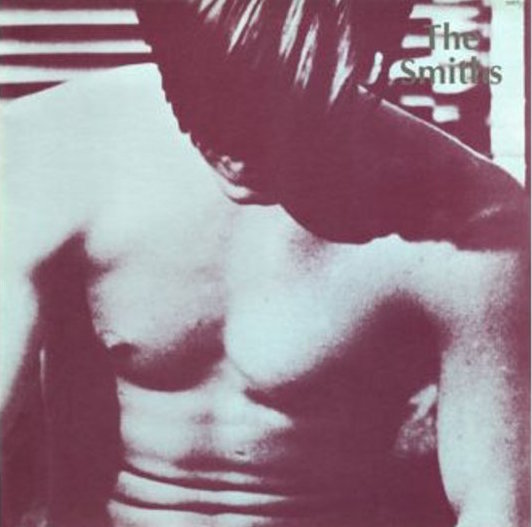3. The SmithsThe Smiths

It really is just this album. After this I think it was all downhill, and I never followed Morrissey’s solo career. Musically I felt it was lost on me. I think the real power that hit me was in this record; the urgency and the energy of the record. Also I lived in France; I was a French adolescent when I first heard them, it was either ‘This Charming Man’ or ‘Hand In Glove’, and obviously in the UK it was a complete social phenomenon, everyone knew The Smiths, but in France you were really leftfield if you knew The Smiths or listened to The Smiths. And there were corners in those songs that were totally mysterious and fascinating and unpredictable. That was what I loved about them: there was a kind of beauty that you couldn’t catch. I’d never heard this type of songwriting before. I think in the UK and Ireland there is the folk tradition, and I feel more depth in the folk music I’ve heard that’s British, and more unaffected beauty. I’ve heard little French folk music, but what I have heard is highly repetitive, and nothing poetic or haunting or deep. It maybe had its uses at the time, but I don’t feel that it has crossed that barrier into the modern world as well as the British folk music. So I don’t know if it’s because of that, if the roots would come from that and that differentiated it, because at the time I lived in France. But it had a huge resonance because it was new and different. It was beautiful. It had confidence and spunk to it, and of course Morrissey was a tremendous energy and singer. With the lyrics you would learn words and the meanings were not readily thrown at you; you had to think more deeply about what he was saying. The irony and all of that made it very fascinating. I don’t own this record, but I’m sure if I played it today I would still enjoy it very much.


